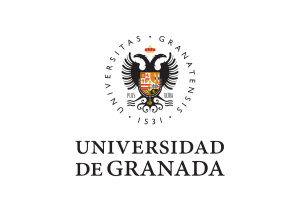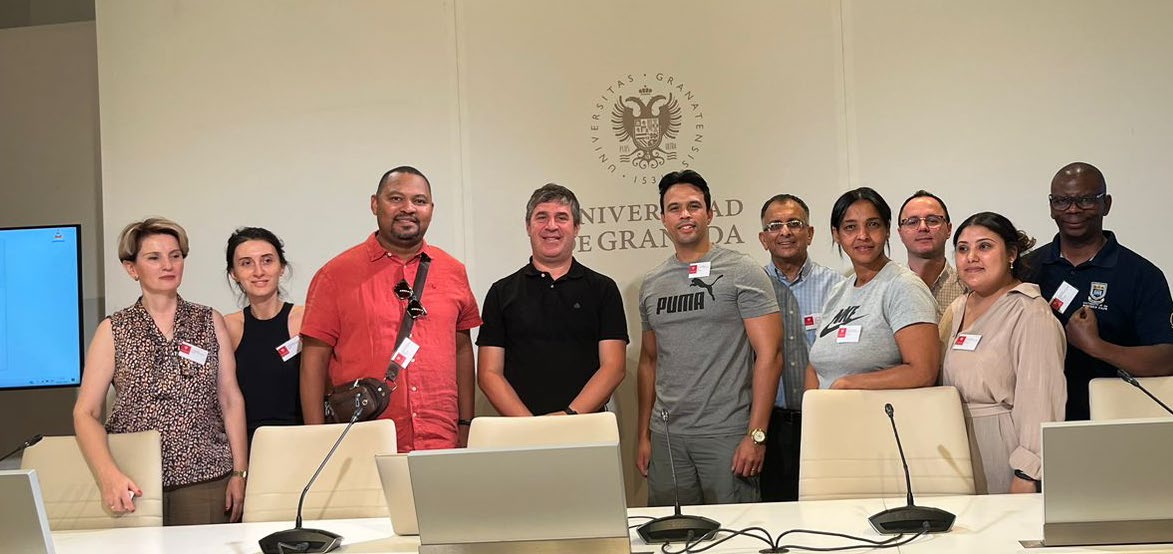Granada University Inter-institutional agreement
Welcome to the University of Granada! We are an innovative and comprehensive research University, founded in 1531, and built on a long-standing teaching tradition, the roots of which can be traced back to the madrasahs of the Nasrid dynasty of Granada.
As a forward-looking historical University located at various sites throughout Granada, the UGR is deeply engaged with today’s city, province and surrounding region, playing a leading role in the recovery and conservation of Granada’s magnificent historical and cultural heritage sites. We have a vibrant presence in the local economy, where we represent 4.6% of the provincial GDP.
With over 55,000 undergraduate and postgraduate students and 6,000 staff members, the UGR has a powerful presence in a city of 240,000 inhabitants. Its role as leader in incoming and outgoing student and staff mobility in European and international programmes, and its attractiveness for international students and researchers, make for multicultural campus life and a lively cosmopolitan setting. Over the course of the current academic year 2019-2020, 2,600 new international undergraduate students from over 70 countries will complete studies at the UGR, thanks to the diverse range of mobility programmes on offer at our institution.
The UGR is the highest-ranked university in the South of Spain and the 4th highest-ranked in Spain, according to the prestigious Shanghai Academic Ranking of World Universities (ARWU 2019). This substantial international standing in both research and education was the reason behind the success of our BioTic excellence initiative, jointly managed by the University, the Spanish National Research Council (CSIC) and the Health Sciences Technology Park. The excellence initiative was built on four pillars of research excellence: Biohealth, Information and Communication Technologies, Earth Sciences, and Heritage, reflecting some of the University’s key research strengths. With its fifty supporting partners, the initiative is an excellent example of the University’s policy of strong strategic cooperation with public and private, national and international bodies.
The state-of-the-art Health Sciences Technology Park (PTS), which houses the Faculty of Health Sciences and the Faculty of Medicine, offers a cutting-edge combination of teaching, research, healthcare and knowledge transfer, and is a significant example of the University’s commitment to innovation and to local and global partnerships with both the public and private sectors.
The University’s campuses in the North African cities of Ceuta and Melilla make it one of the few genuinely intercontinental universities in the world, leaving it perfectly placed to fulfil the role of a bridge between Europe and North Africa on the one hand, and Europe and Latin America on the other. This strategic cooperation is central to the UGR’s vigorous internationalization strategy, which maintains consolidated partnerships around the world, including through prestigious networks such as the Coimbra Group and the Iberoamerican University Association for Postgraduate Studies (AUIP).
The University of Granada is the coordinator of the Arqus European University Alliance, which has been endorsed by the European Commission as part of the group of pioneering Alliances in the European Universities Initiative. Arqus bring together the universities of Bergen, Granada, Graz, Leipzig, Lyon, Padova and Vilnius; seven longstanding comprehensive research universities who share extensive experience in joint projects and a common profile as internationalized institutions with deep regional engagement in medium-sized cities. Along with our partners, we share the belief that working together within this alliance will allow for faster and stronger progress and that European cooperation is essential for the future of our institutions.
The principal ambition of the Arqus Alliance is to act jointly as a laboratory for institutional learning from which to move forward in the design, testing and implementation of an innovative model for deep inter-university cooperation. The Alliance aims to consolidate a joint governance structure to facilitate the development of consensual joint policies and action plans, to consolidate participative structures to facilitate cross-cutting integration at all levels of the partner institutions, and to share its experience with other groupings in order to communicate the added value to be found in its model of integration. The Arqus Alliance aims to centre its efforts on enabling people: enabling a widely diverse student body and enhancing their learning experience; enabling a similarly diverse staff community and promoting their individual and collective professional development; and enabling society at large by opening our doors and fully responding to the mission it has entrusted us.
This new version of our website has been specifically designed to cater for our international researchers, students, visitors and partners. I trust that, as such, you will find it useful and that it will serve to provide you with a warm welcome to our academic community, to further enhance cooperation with our international partners, and to ensure that our University continues to be truly open to the world.




